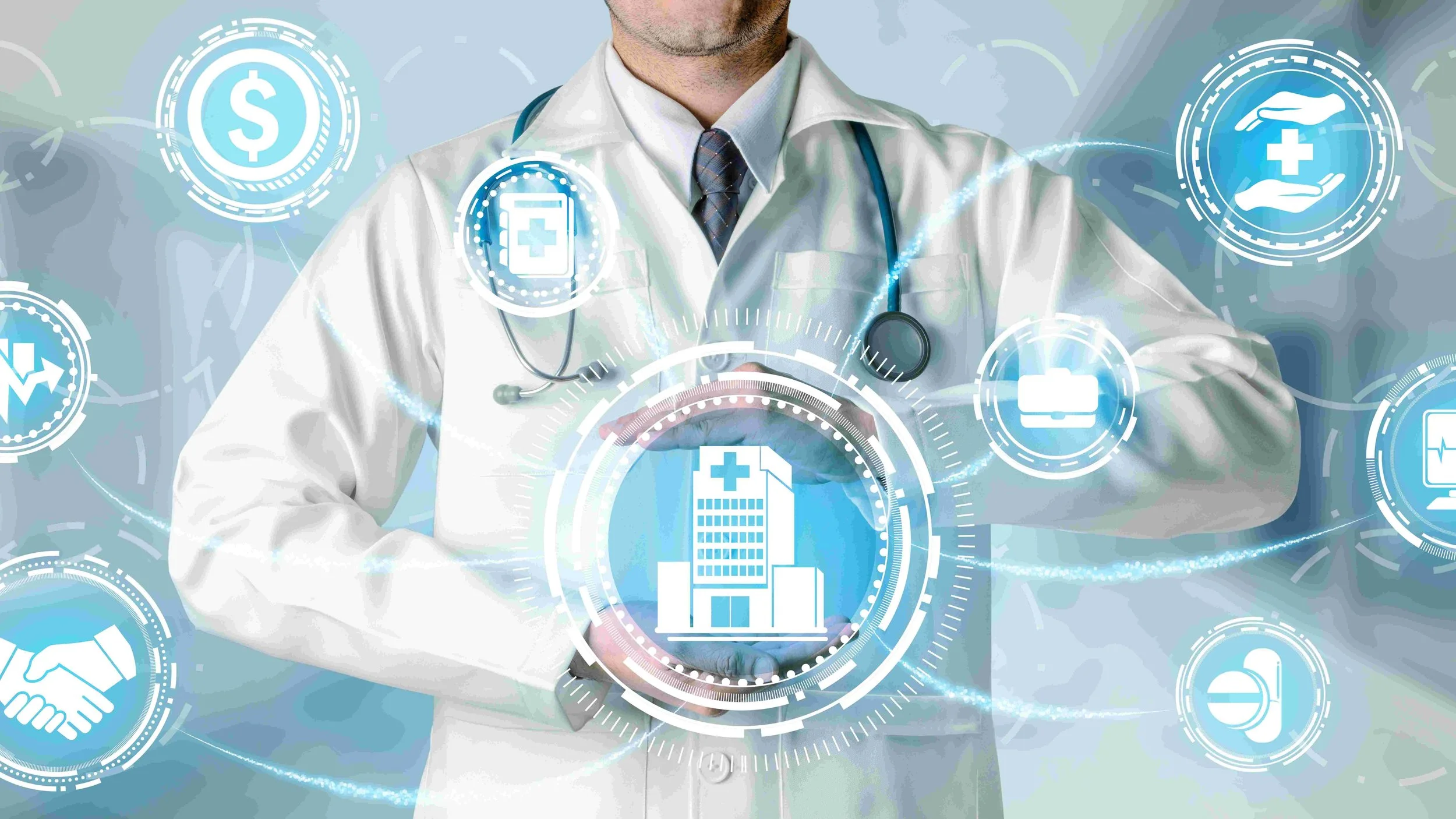
The Billion-Dollar Health Data Economy (That Patients Don't Share In)
Your health information is one of the most valuable assets in the modern economy. Every doctor visit, lab test, prescription, and medical scan you've ever had generates data that companies across multiple industries are willing to pay billions to access. Yet if you're like most patients, you've never seen a penny from the commercial value your health information creates.

From Data to Discovery: How Your Health Info Helps
Every time you visit your doctor, get a lab test, or fill a prescription, you're doing more than just managing your health. You're contributing valuable information to a vast network of medical knowledge that drives breakthrough discoveries and improves care for millions of people worldwide. Your health data is quietly powering some of medicine's most important advances, and understanding this connection can help you see the broader impact of your healthcare journey.

Patient Power: The Missing Link in Research
Medical research has always been about patients—yet for decades, patients have been the passive recipients of research rather than active partners in it. This fundamental disconnect has created a crisis that's slowing scientific progress and limiting the potential for breakthrough discoveries.

Joined Bio Appoints Erik Uribe as Head of Commercialization to Scale Biospecimen Sales
Joined Bio, the AI-powered patient marketplace connecting life science organizations directly with research participants, today announced the appointment of Erik Uribe as Head of Commercialization. Erik brings over a decade of biospecimen and commercial strategy experience to lead Joined Bio's sales efforts and drive new research project acquisition as the company prepares for the launch of its groundbreaking patient platform.

Standing Together on World Vitiligo Day: The Power of Community in Advancing Research
Today, June 25th, marks World Vitiligo Day—a global initiative dedicated to raising awareness about vitiligo and supporting the millions of people worldwide who live with this autoimmune condition. At Joined Bio, this day holds special significance as we reflect on the profound impact that community solidarity can have in driving meaningful scientific progress.

Breaking Down Barriers to Clinical Research Participation
A staggering statistic haunts the medical research community: only 9% of patients have ever been asked to participate in clinical research. This means that 91% of individuals who could potentially contribute to medical breakthroughs never get the opportunity. The implications extend far beyond missed individual opportunities—this participation gap fundamentally limits the pace of medical discovery and creates research populations that don't reflect the diversity of real-world patients.

Joined Bio Joins the Science Exchange Platform to Offer Biospecimens for Research, Leveraging Recent Acquisition
Joined Bio, an online platform that connects patients and their health data to life science researchers, today announced it joined the Science Exchange platform, a leading marketplace for outsourced R&D services. Through this collaboration, Joined Bio will offer high-quality, ethically-sourced biospecimens via the Science Exchange platform, expanding access to essential research materials for life science researchers worldwide.

The Economics of Ethical Research: Why Fair Compensation Benefits Everyone
The traditional model of medical research has long operated on an assumption that participation in studies is primarily motivated by altruism—that individuals contribute their time, data, and biological samples purely for the greater good of advancing medical knowledge. While altruistic motivation certainly plays a role, this perspective overlooks a fundamental reality: research participants provide valuable contributions that deserve fair recognition and compensation.
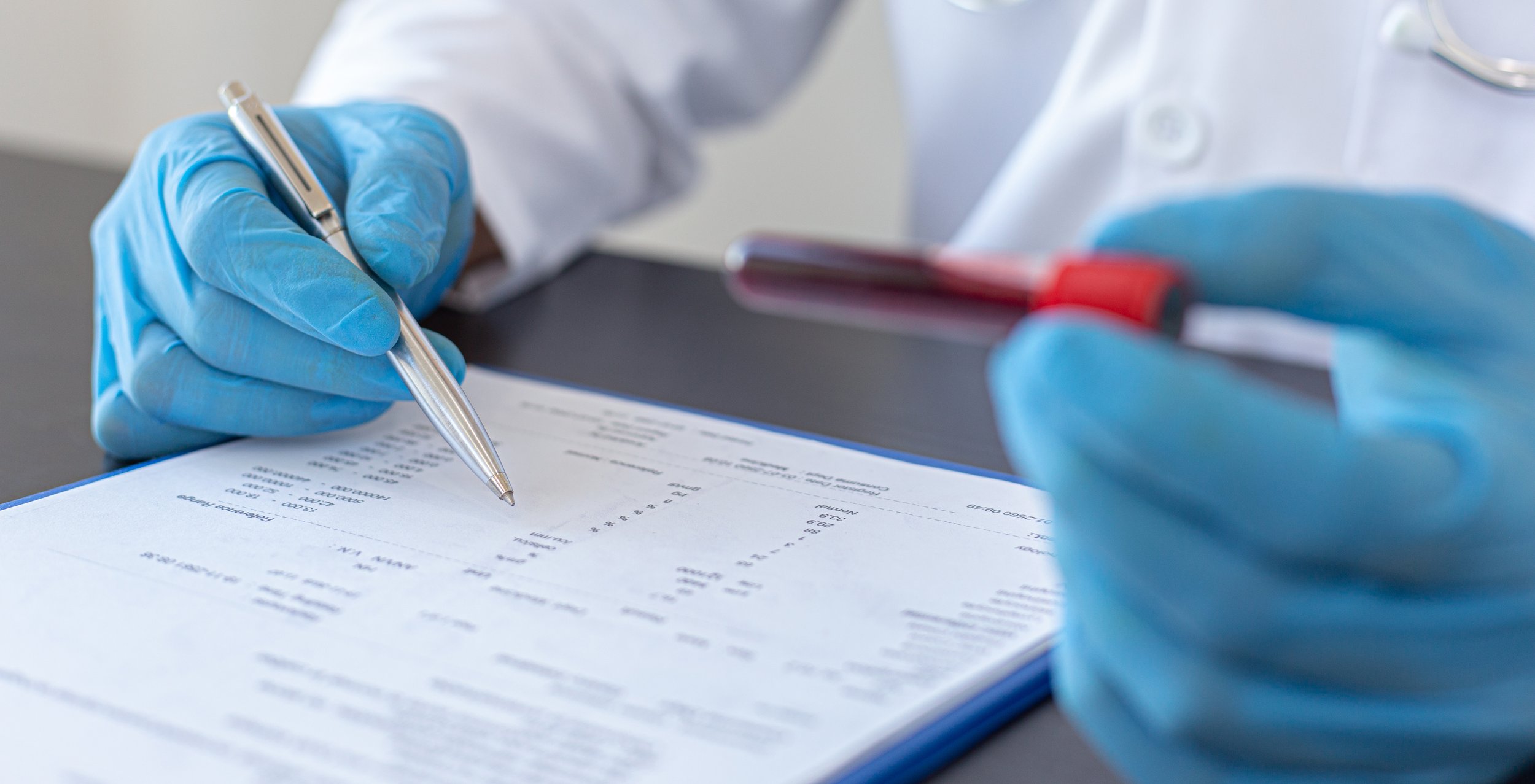
Democratizing Medical Research: A New Era Begins
In the vast landscape of medical innovation, one critical bottleneck has persistently challenged progress: the gap between researchers who need access to patients and data, and individuals willing to participate in advancing medical knowledge. Today, we stand at the threshold of a transformative shift that promises to bridge this divide and usher in a new era of democratized medical research.

Sleep Science: How Biospecimen Research is Revolutionizing Our Understanding of Rest
As May is National Better Sleep Month, it draws our attention to the importance of quality rest and it's worth exploring how modern biomedical research is transforming our understanding of sleep. Beyond the familiar sleep trackers and apps, a revolution is happening at the molecular level, where biospecimens—samples of blood, saliva, and other biological materials—are revealing the intricate connections between sleep and health.

The Evolution of Biospecimen Collection: From Site-Based to Home-Based
For decades, the collection of biological samples for research has followed a predictable pattern: participants travel to clinical sites where trained professionals draw blood, collect urine, or gather other specimens in controlled environments. Now, a significant transformation is underway in the biospecimen collection landscape—one that is expanding possibilities for both researchers and participants.
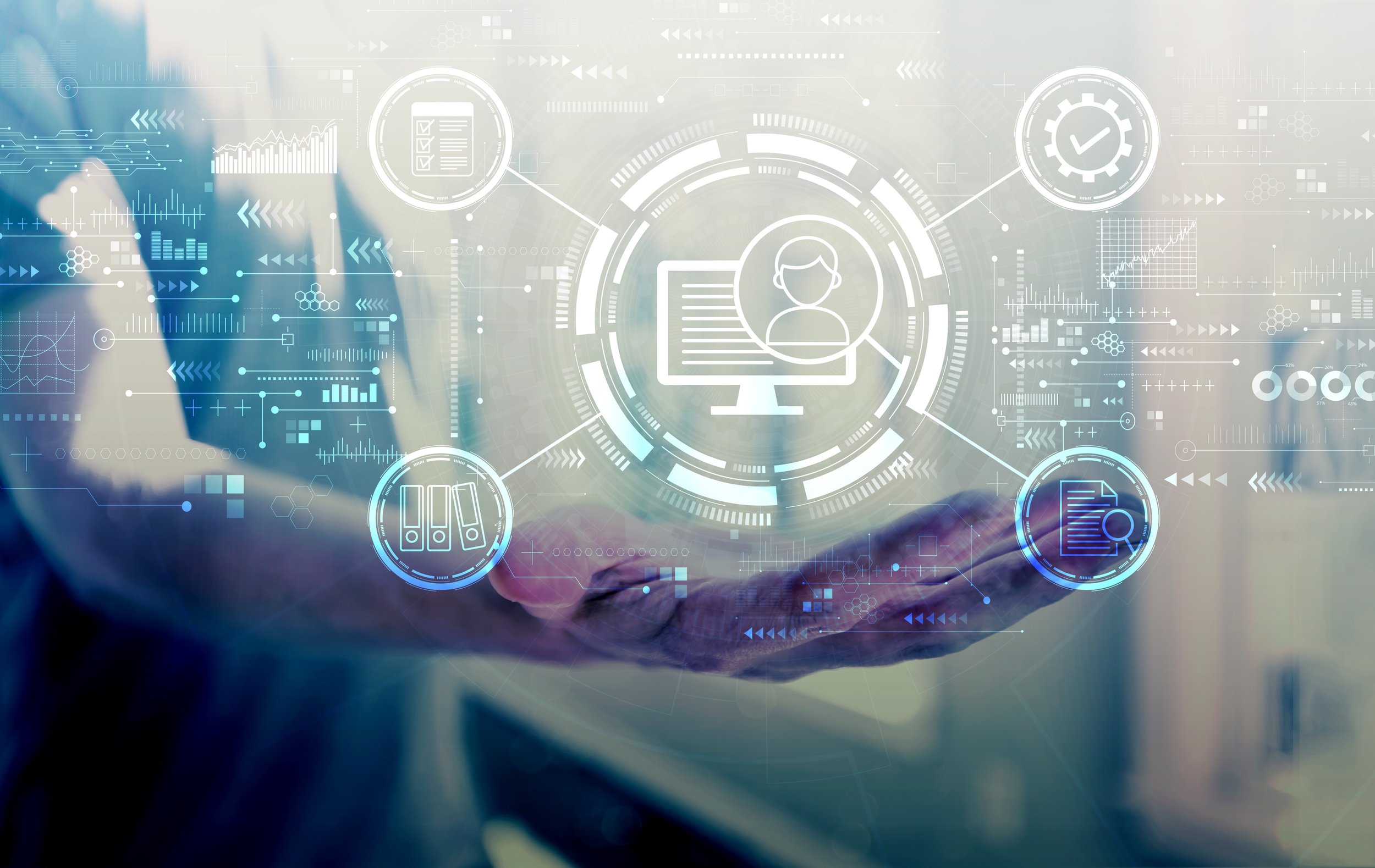
Why Longitudinal Health Data Matters in Research
The landscape of medical research is undergoing a fundamental transformation. Traditionally, researchers have relied on point-in-time data collection—snapshots of patient health captured during specific study visits or through one-time reviews of medical records. Today, the integration of electronic medical records (EMRs) and longitudinal health data into research workflows is opening new frontiers for discovery, enabling more comprehensive, historically informed, and representative studies.

Untapped Potential: Why Patients Want to Participate in Medical Research
There's a persistent myth in healthcare that patients are reluctant to participate in medical research. The reality? Most people are actually eager to contribute—they simply don't know how. This disconnect represents one of the most significant missed opportunities in advancing medical science today.
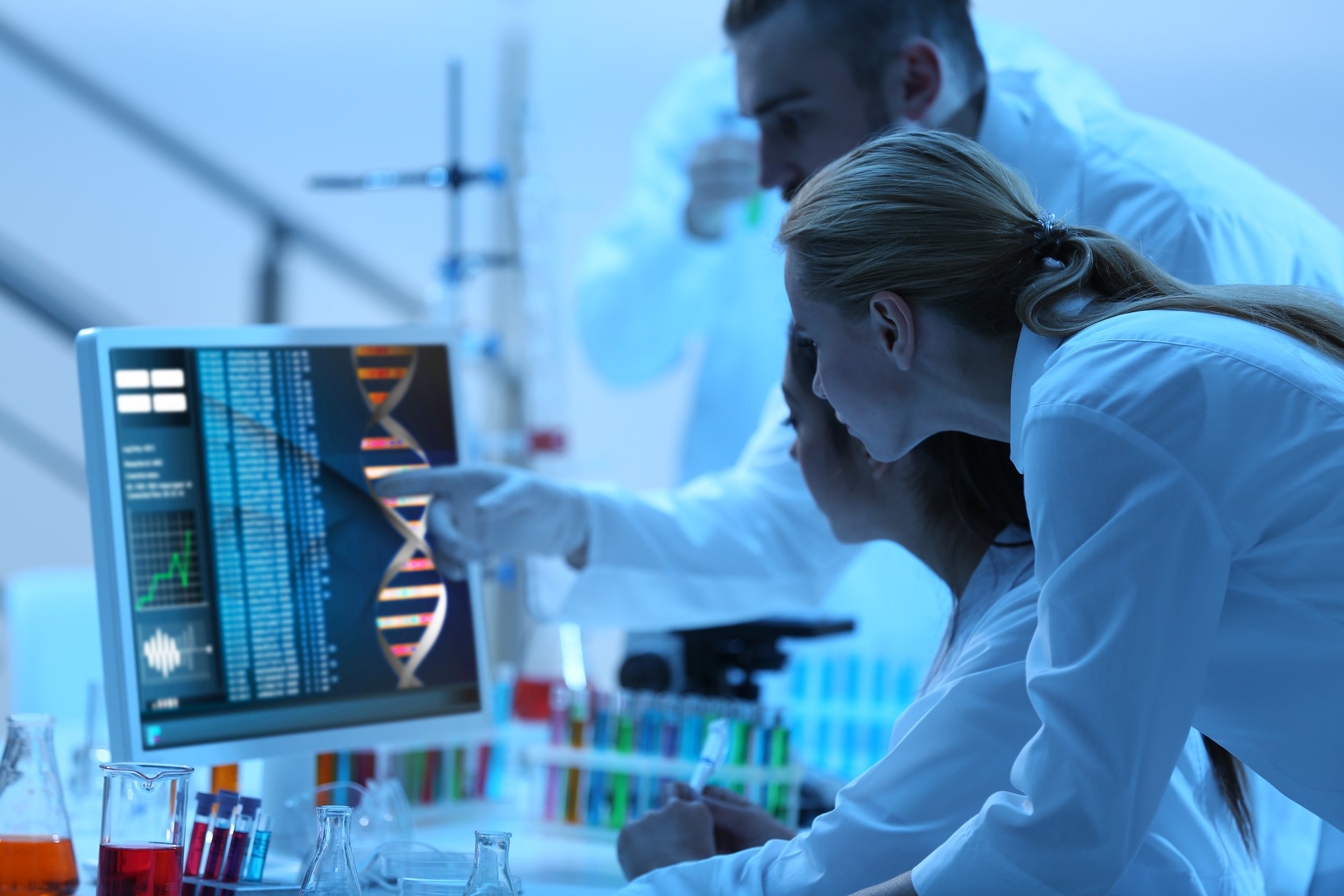
Streamlining Multi-Modal Research: From Specimens to Data to Surveys
In today's complex research landscape, studies rarely rely on a single data source. The most valuable insights often emerge from multi-modal research that combines biological specimens, electronic health record data, patient-reported outcomes, and direct participant feedback. Yet managing these diverse research streams has traditionally been a fragmented, resource-intensive process that introduces unnecessary complexity, delays, and costs.

Why Health Data Is Secure With Joined Bio: Beyond the 23andMe Lesson
When 23andMe recently filed for bankruptcy and California's Attorney General recommended customers delete their data, it highlighted a fundamental problem: health information is often treated as a company asset rather than personal property.
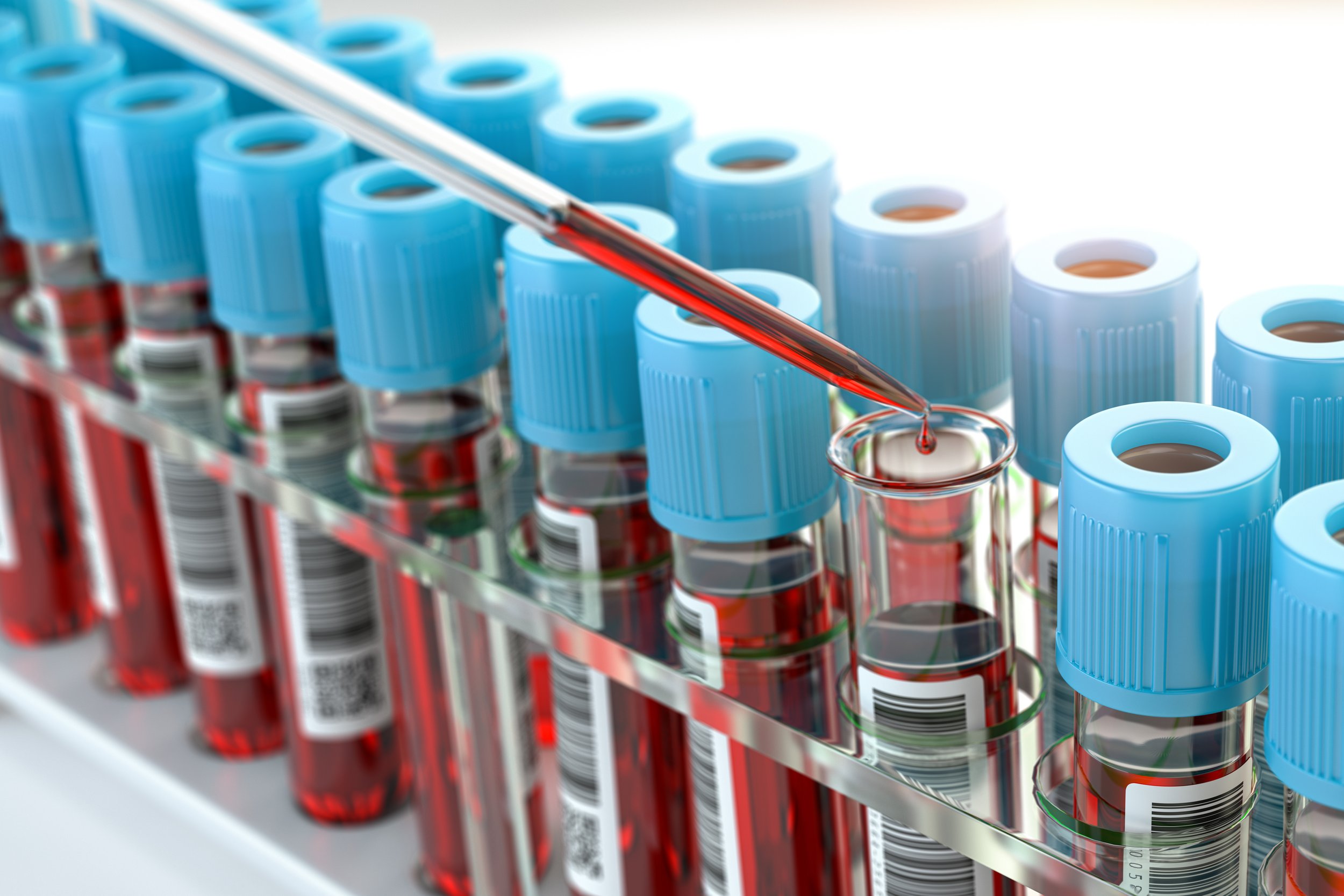
Expanding Research Possibilities: Why Clinical Biospecimen Collection Remains Essential in the Digital World
In an era of increasing digitization and remote capabilities in medical research, certain foundational elements remain irreplaceable. As Joined Bio announces its acquisition of BioSample Connect, we wanted to share our perspective on why clinical specimen collection continues to be a cornerstone of meaningful medical research, and how this strategic acquisition enhances our ability to serve the research community.
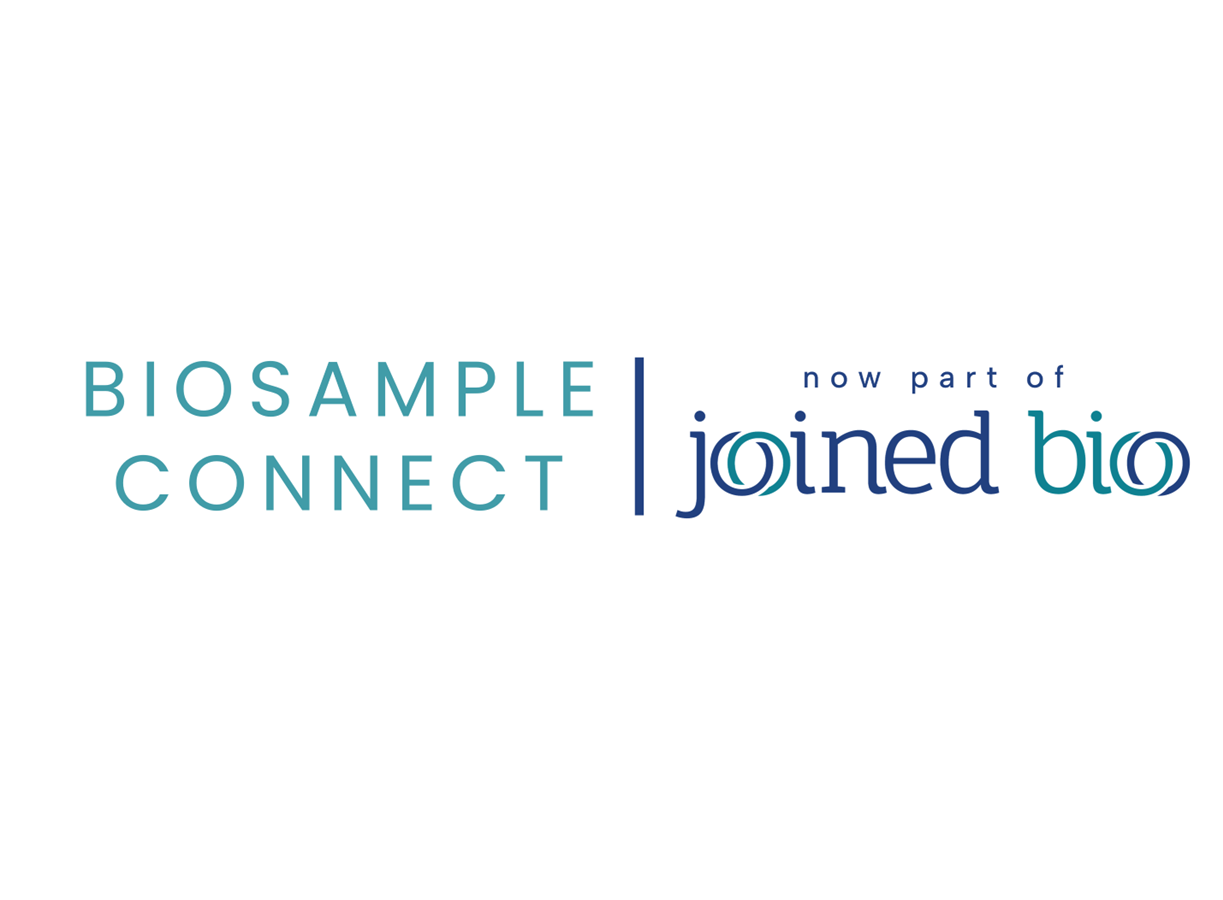
Joined Bio Acquires BioSample Connect, Accelerating Growth of its Patient-Centered Research Marketplace
Strategic acquisition brings immediate revenue, established customer relationships, and key talent to Joined Bio's innovative platform connecting researchers with willing participants.
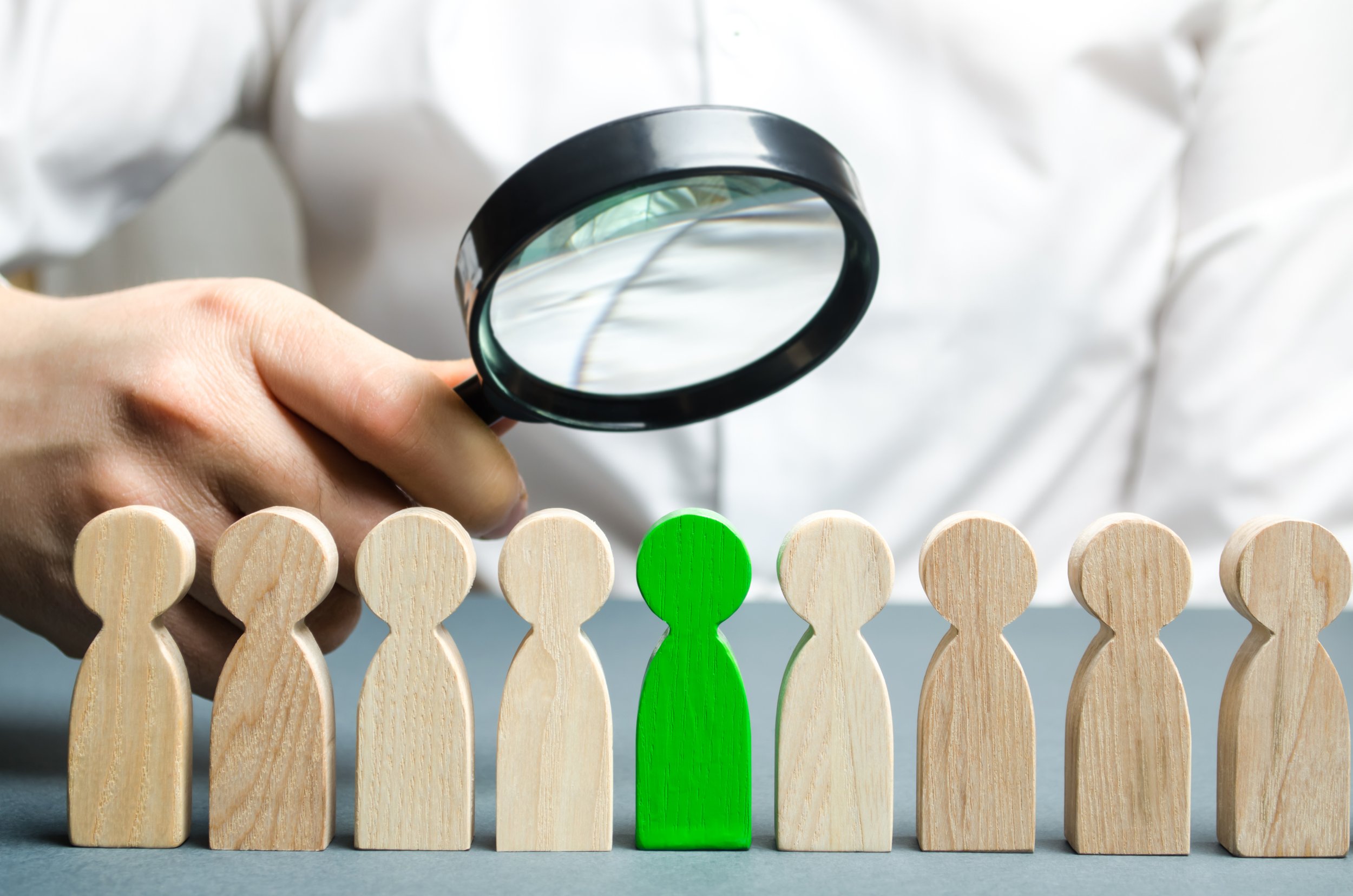
AI and EMR Data: The Future of Patient Finding
Every day, groundbreaking medical research stalls while scientists spend months searching for the right patients. Despite advances in medical technology, patient recruitment remains stubbornly anchored in the past—fragmented, inefficient, and frustratingly slow. But a revolution is underway, combining two powerful forces: artificial intelligence and real-time electronic medical records.

Joined Bio Appoints Technology Veteran Bill O'Donnell as Chief Technology Officer
Former KAYAK Chief Architect and Blade co-founder to lead development of revolutionary patient-researcher marketplace platform

From Matchmaking to Medical Research: How Digital Marketplaces Transform Industries
Throughout history, progress has often been measured by our ability to connect—connecting people to information, resources, and most importantly, to each other. When we look at the most transformative technological advances of the past few decades, a common thread emerges: the creation of digital platforms that eliminate inefficient intermediaries and create direct connections that were previously impossible or impractical.
